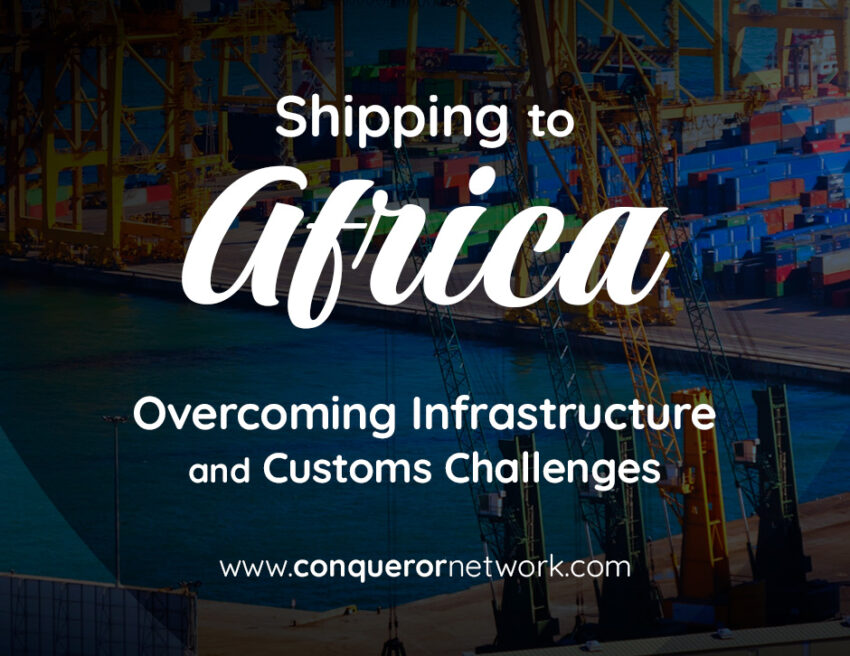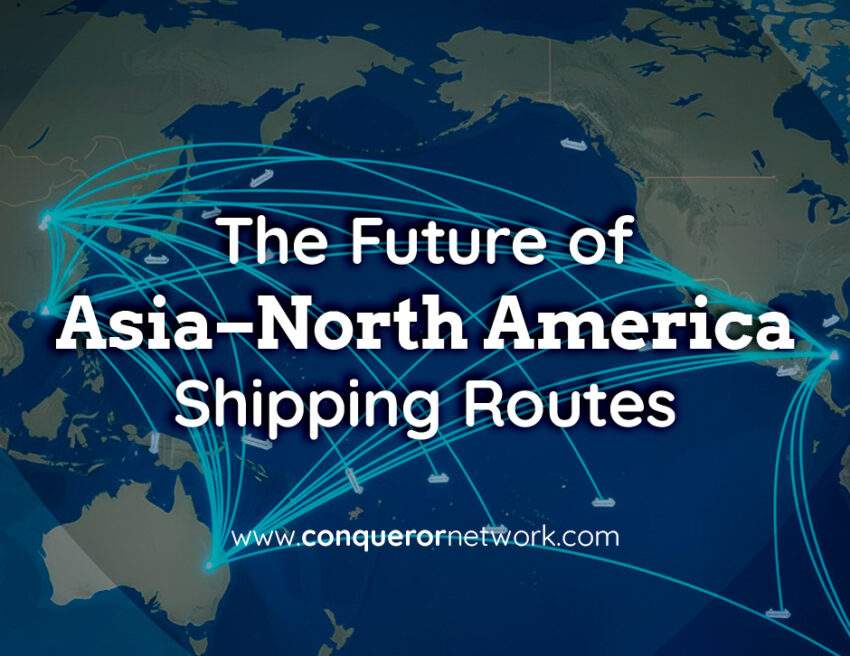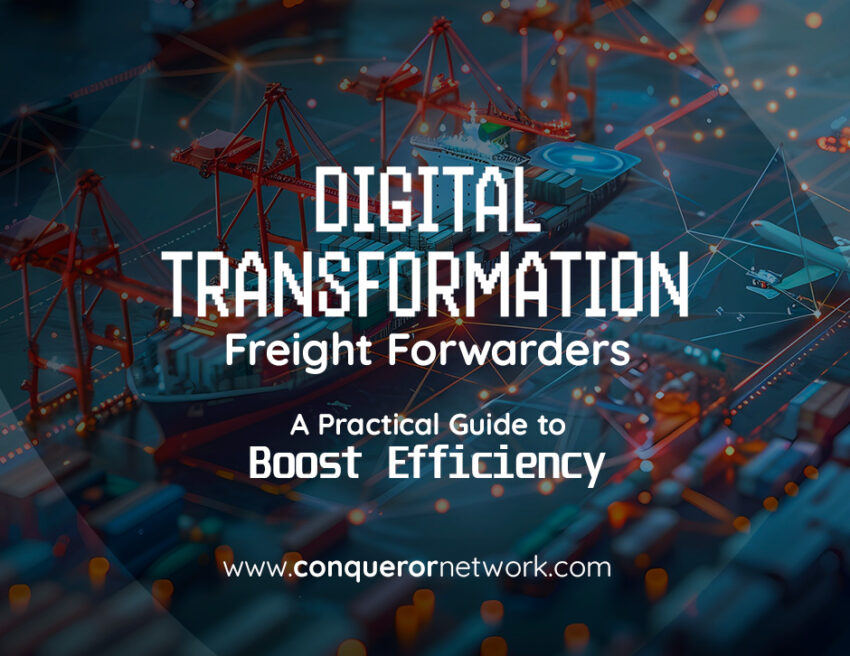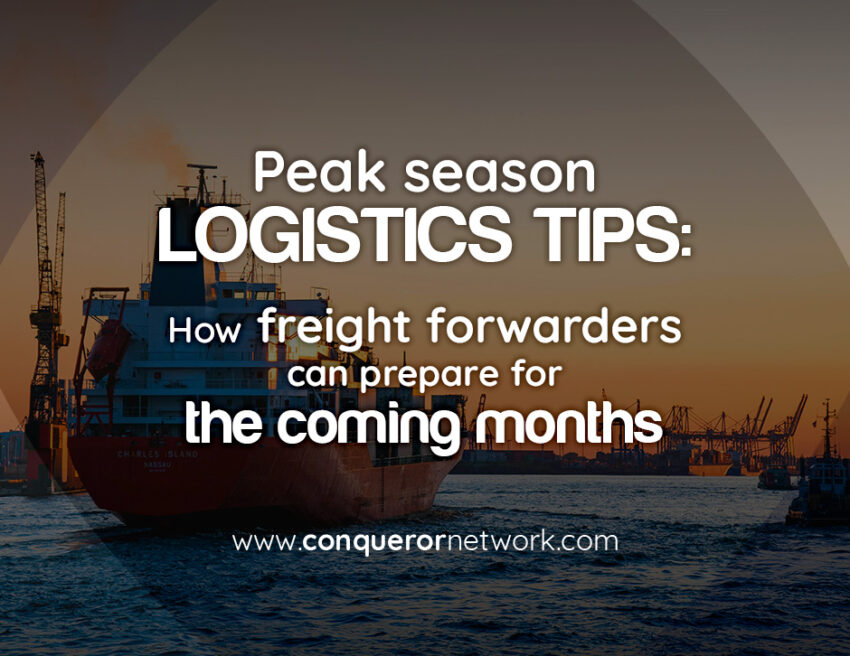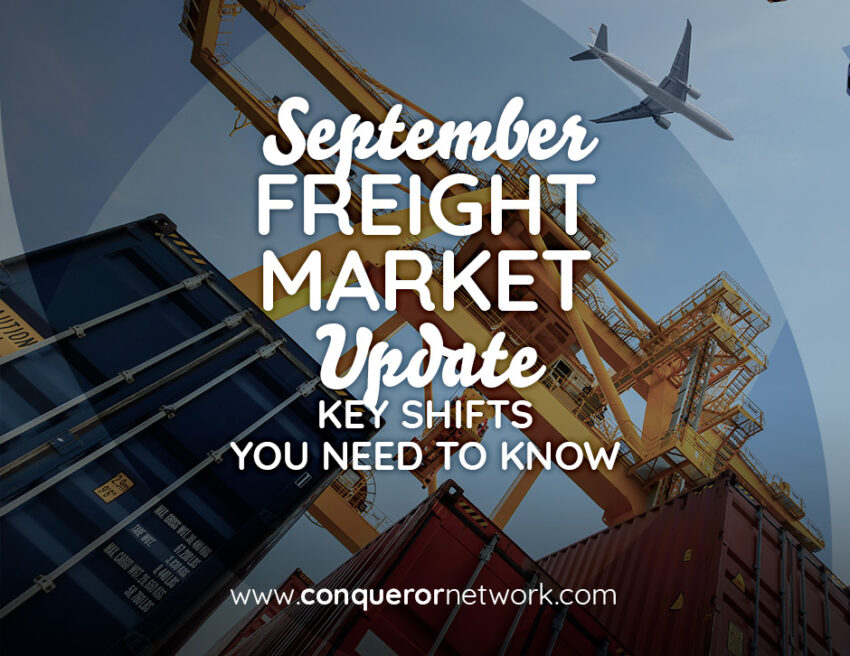Running a freight forwarding company is one thing, but marketing it effectively online is a whole different challenge. You’re not just competing with local players anymore; multinational logistics giants dominate the digital space, capturing attention with slick websites, ads, and social media campaigns. The question is: how can independent freight forwarders stand out, attract new…
Global Freight Hotspots 2026: Where Forwarders Should Focus Next
The logistics world is constantly evolving, and staying ahead requires more than just operational efficiency. Forwarders who want to succeed in the coming year need to know where the demand will spike, which trade routes are expanding, and how international logistics trends are shaping the global market. As 2026 approaches, identifying global freight hotspots is…
Shipping to Africa: Overcoming Infrastructure and Customs Challenges
Shipping to Africa offers tremendous growth opportunities for international trade, but it also presents unique challenges for freight forwarders in Africa. From outdated infrastructure to complex customs procedures, navigating these hurdles requires expertise, planning, and reliable partnerships. For forwarders seeking to expand into African markets, understanding these challenges and identifying solutions is crucial to ensuring…
The Future of Asia–North America Shipping Routes
If you’re a freight forwarder handling trans-Pacific cargo, you’ve probably noticed how unpredictable things have become. Between port congestion, shifting trade policies, and new alternative lanes opening up, the Asia–North America shipping routes you rely on are evolving quickly. What this really means is that staying competitive is now about anticipating change and adapting faster…
Digital Transformation for Freight Forwarders: A Practical Guide to Boost Efficiency
Is Your Freight Forwarding Business Ready for the Digital Age? Have you ever wondered why some freight forwarding companies seem to stay ahead of the curve, even in the most competitive markets? How do they manage to handle more shipments, reduce errors, and improve customer satisfaction without hiring more staff or increasing operational costs? The…
Peak season logistics tips: How freight forwarders can prepare for the coming months
It’s late September, which means the countdown to peak shipping season has officially started. For freight forwarders, this period isn’t just about moving more cargo, it’s about handling chaos without losing control. The last quarter of the year brings surging demand, tighter capacity, and sky-high freight rates, making it the most stressful (and potentially most…
September Freight Market Update: Key Shifts You Need to Know
The September freight market has been anything but calm. Carriers have pushed through aggressive General Rate Increases (GRIs), blank sailings are tightening space, and port congestion in China is worsening. While shippers hoped for a post–Labor Day rate dip, what we’ve seen instead is a surge in spot rates, a strategic capacity squeeze, and rising…
Why Email Marketing Still Works for Freight Forwarders
In a world of social media campaigns, LinkedIn ads, and AI-driven CRMs, email marketing might sound a bit old school. But here’s the thing – email marketing for freight forwarders is still one of the most powerful and cost-effective ways to build relationships, generate leads, and keep your company top of mind for clients. Let’s…
Freight forwarding technology 2026- Innovations that will truly reshape logistics
If you’re a freight forwarder, you’ve probably asked yourself a few big questions recently. Which technologies should I actually care about? Which ones are hype? And, most importantly, what will my business look like in 2026 if I don’t adapt now? The logistics industry has always been shaped by ships, planes, and ports. But today,…
Customs just rejected your shipment… now what? A freight forwarders guide to customs clearance problems
If you’ve worked in freight forwarding long enough, you’ve probably had that sinking feeling: the call or email saying your client’s shipment is stuck at customs. The cargo’s not moving, the clock is ticking, and storage charges are climbing by the hour. Customs clearance problems aren’t just an occasional headache. In some cases, they can…




